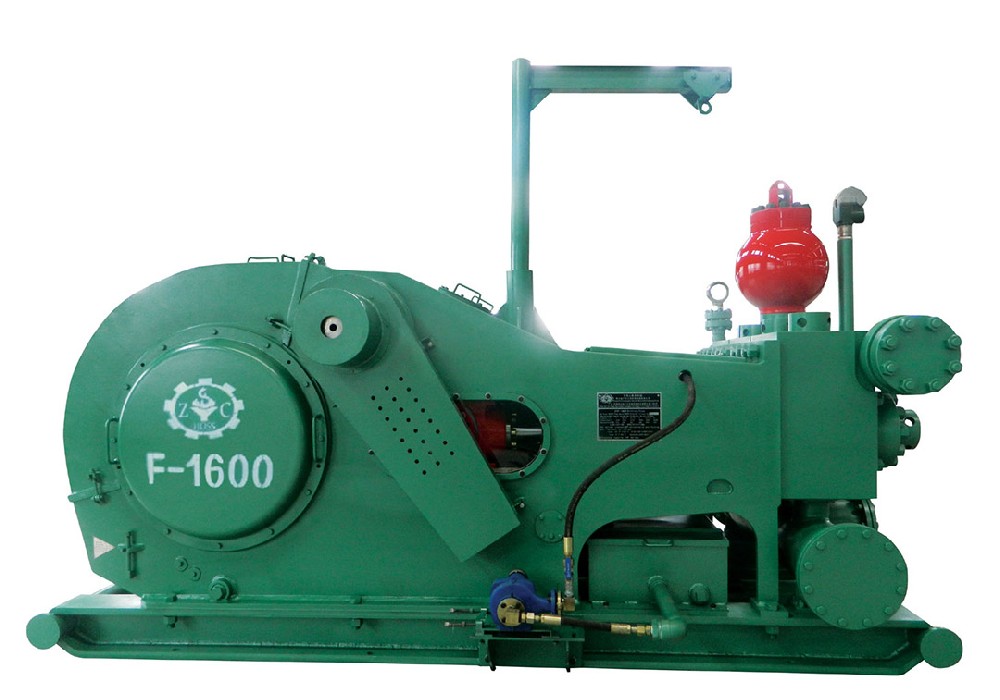Industrial pumps are specialized equipment that play a critical role in various applications such as mining, oil and gas, chemical processing, wastewater treatment, and power generation. The performance, reliability, and efficiency of these pumps are crucial to the success of these applications. One of the critical factors that determine the effectiveness and longevity of industrial pumps is the selection of the right pump liner material.

Pump liner material refers to the material used to line the inside of the pump's casing, impeller, and other components that come into contact with the fluid. The primary purpose of the pump liner is to protect the pump from abrasion, corrosion, erosion, and other forms of wear and tear caused by the fluid being pumped. The right pump liner material should withstand the harsh conditions of the application and provide excellent resistance to the fluid's chemical composition and temperature.
There is a wide range of pump liner materials available in the market, and each material has its unique properties and advantages. The following are the most common pump liner materials used in industrial applications.
1. Rubber: Rubber is one of the most popular choices for pump liner material due to its excellent resistance to abrasion and corrosion. Rubber liners are also flexible and can conform to the shape of the pump components, providing better sealing and preventing leaks.
2. Polyurethane: Polyurethane is a versatile material that provides superior resistance to wear, abrasion, and impact. It also has excellent chemical resistance and can withstand high temperatures. Polyurethane liners are ideal for applications that involve highly abrasive and corrosive fluids.
3. Ceramic: Ceramic liners are known for their exceptional hardness and wear resistance. They are often used in applications that involve pumping highly abrasive fluids such as slurry or mud. Ceramic liners can provide long-lasting protection to the pump components and reduce maintenance costs.
4. Stainless Steel: Stainless steel liners are ideal for high-temperature applications and corrosive fluids. Stainless steel is highly durable and provides excellent resistance to corrosion and chemical attack. However, stainless steel liners can be expensive and may require specialized installation.
Choosing the right pump liner material requires careful consideration of the application's specific requirements such as fluid composition, temperature, pressure, and flow rate. Other factors to consider include the pump's design, operating conditions, and maintenance requirements. Proper selection of pump liner material can significantly improve the pump's performance, reduce maintenance costs, and extend the equipment's lifespan.
In conclusion, pump liner material plays a crucial role in the performance and longevity of industrial pumps. The right pump liner material should provide excellent resistance to abrasion, corrosion, erosion, and other forms of wear and tear caused by the fluid being pumped. Different pump liner materials have their unique properties and advantages, and the selection should be based on the application's specific requirements. Selecting the right pump liner material can result in optimal pump performance, reduced maintenance costs, and extended equipment lifespan.